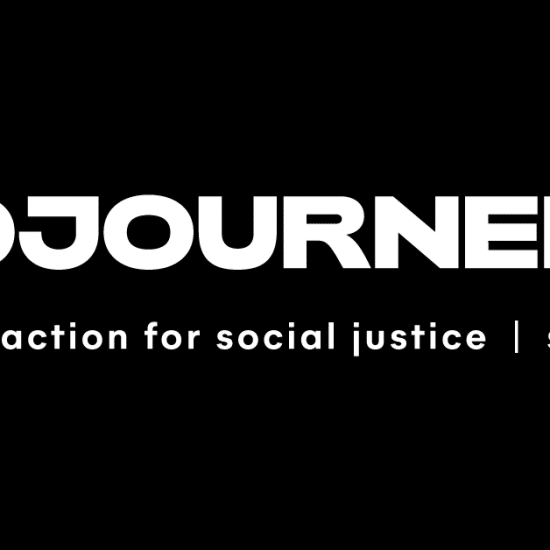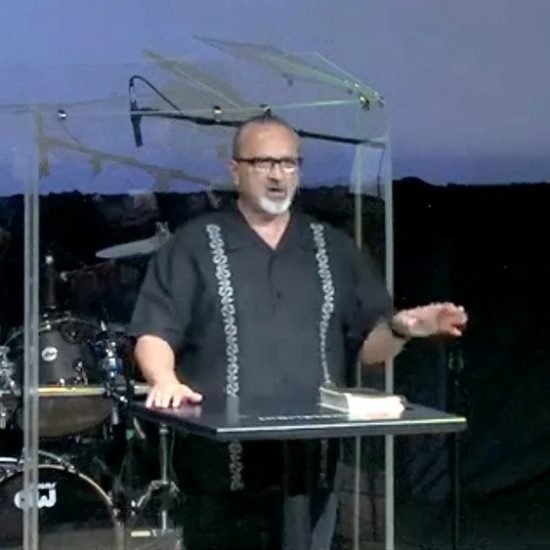Lay people often wonder how pastors stay informed about issues such as inerrancy, postmodernism, fundamentalism, mission, universalism, pluralism and Calvinism—to name a few—that continue to create controversy for Baptists.
So, where do pastors go when they want a balanced view of the issues? This review looks at three publishers regarding this question—the Edwin Mellen Press, Ashgate Publishing and InterVarsity Press.
The Edwin Mellen Press of Lewiston, N.Y., publishes scholarly titles for research libraries throughout the world. In regard to the issues facing Baptists today, Mellen has published several titles.
First, author Peter Hicks has written The Philosophy of Charles Hodge: A 19th Century Evangelical Approach to Reason, Knowledge and Truth—an invaluable resource in understanding the conservative movement in evangelical theology today. Hicks outlines the philosophical orientation of the Charles Hodge, the influential 19th century Princeton theologian. Hicks enables the reader to see the manner in which Hodge came to terms with expounding the truth of the Christian faith in a highly rationalistic, scientific age. I would recommend this very readable volume to any interested layperson.
Michael Nicholson, a Baptist, is the author of A Theological Analysis and Critique of the Postmodern Debate. Although Nicholson’s volume is full of scholarly language and concepts, he does a masterful job at outlining a difficult topic—postmodernism. He tackles the influence of postmodernism on the arts, philosophy and theology, concluding his volume with a series of possible directions for theology in a postmodern age. Nicholson’s volume gives a balanced perspective on the inadequacies of both modern and postmodern worldviews, while offering potential alternatives for the conservative Christian.
A third Mellen offering is by Brad Walton—Jonathan Edwards, Religious Affections and the Puritan Analysis of True Piety, Spiritual Sensation and Heart Religion. Walton’s book deals primarily with Edwards’ legacy. Where modern authors tend to see Edwards as an innovator, Walton sees Edwards as an extension of Puritan and pre-Puritan Christian thought. In a time when young adults seek a way of combining pure biblical knowledge with heartfelt piety, Jonathan Edwards becomes a key figure. Walton’s book is an important contribution to Edwards studies and invaluable to pastors who seek to get a more thorough understanding of Edwards’ contribution to contemporary theology.
A final Mellen offering is by South African missiologist Pieter Verster—A Theology of Christian Mission: What Should the Church Seek to Accomplish? Verster’s volume takes a theological approach to mission, rather than a practical approach; thus those expecting a “how- to” book should take notice. At the heart of his proposal is the idea that reconciliation with God is the central concept of mission. Verster builds his case upon an exegesis of 2 Corinthians 5:11-21 and makes application throughout the volume, with particular emphasis on reconciliation in sub-Saharan Africa, Muslim and pluralist cultures. Although the book requires some biblical and theological knowledge, it presents an understanding of mission that is new and worth investigating.
 |
Ashgate Publishing is located in Hampshire, U.K. Like Mellen, Ashgate’s focus is on publishing scholarly research materials. An important Ashgate offering is by Richard Topping—Revelation, Scripture and Church: Theological Hermeneutic Thought of James Barr, Paul Ricoeur and Hans Frei. Although this title may seem a bit academic, even for pastors, it deals with the important subjects of revelation, biblical authority and biblical interpretation. Quite often, Baptists claim to be “simple biblicists” but our reality is not quite that simple. Our different views of the Bible dictate how we relate to each other. Topping’s book helps the reader understand that “The Bible as it is ingredient in and to the revelatory/salvific action of God in Jesus Christ is Holy Scripture” (pg. 4). This book, though aimed at a scholarly audience, would aid pastors who really desire to engage the issue of biblical authority in a contemporary context.
InterVarsity Press in Downers Grove, Ill., has long been a staple of evangelical publishing in the United States in both scholarly and popular circles. British author, Christopher Wright offers Salvation Belongs to Our God: Celebrating the Bible’s Central Story from the series, “Christian Doctrine in a Global Perspective.” The series was inaugurated on the premise that the majority of the world’s Christians are no longer located in Europe or North America, but in Latin America, Africa and Asia, and these voices have something to say to us. Wright looks at the topic of salvation and its many facets from the perspective of Revelation 7:10. It is easy to read, biblical in orientation and generously evangelical in theology.
 |
Subverting Global Myths: Theology and the Public Issues Shaping Our World by Vinoth Ramachandra and Scientific Mythologies: How Science and Science Fiction Forge New Religious Beliefs by James A. Herrick deal with the reality-shaping “mythologies” that shape our world.
According to Ramachandra, myths are “public large-scale narratives that engage our imaginations and shape the way we experience the world” (p.12). The mythologies that Ramachandra and Herrick describe compete with and undermine the religious expressions prevalent in Western culture; the primary expression being, of course Christianity. Subverting Global Myths deals primarily with the public issues that shape our contemporary Western world, such as terrorism, religious violence, human rights, multiculturalism, science and post-colonialism.
 |
Herrick’s volume deals with mythologies as well, but more specifically with how science and science fiction have influenced the Western world. Indeed, Herrick argues convincingly that science has become its own religion in the modern Western world. For the pastor concerned about the massive shifts in culture and the competing mythologies that seem to reign in our society, both of these volumes are highly recommended.
Our pastors have an incredible responsibility to keep up with the changes in our culture in order to effectively preach and teach the gospel. As members of their churches, we too can encourage them by keeping up with the latest cultural shifts and by understanding how the mythologies in our culture shape us.
Jay Smith is assistant professor in the School of Christian Studies at Howard Payne University in Brownwood.






